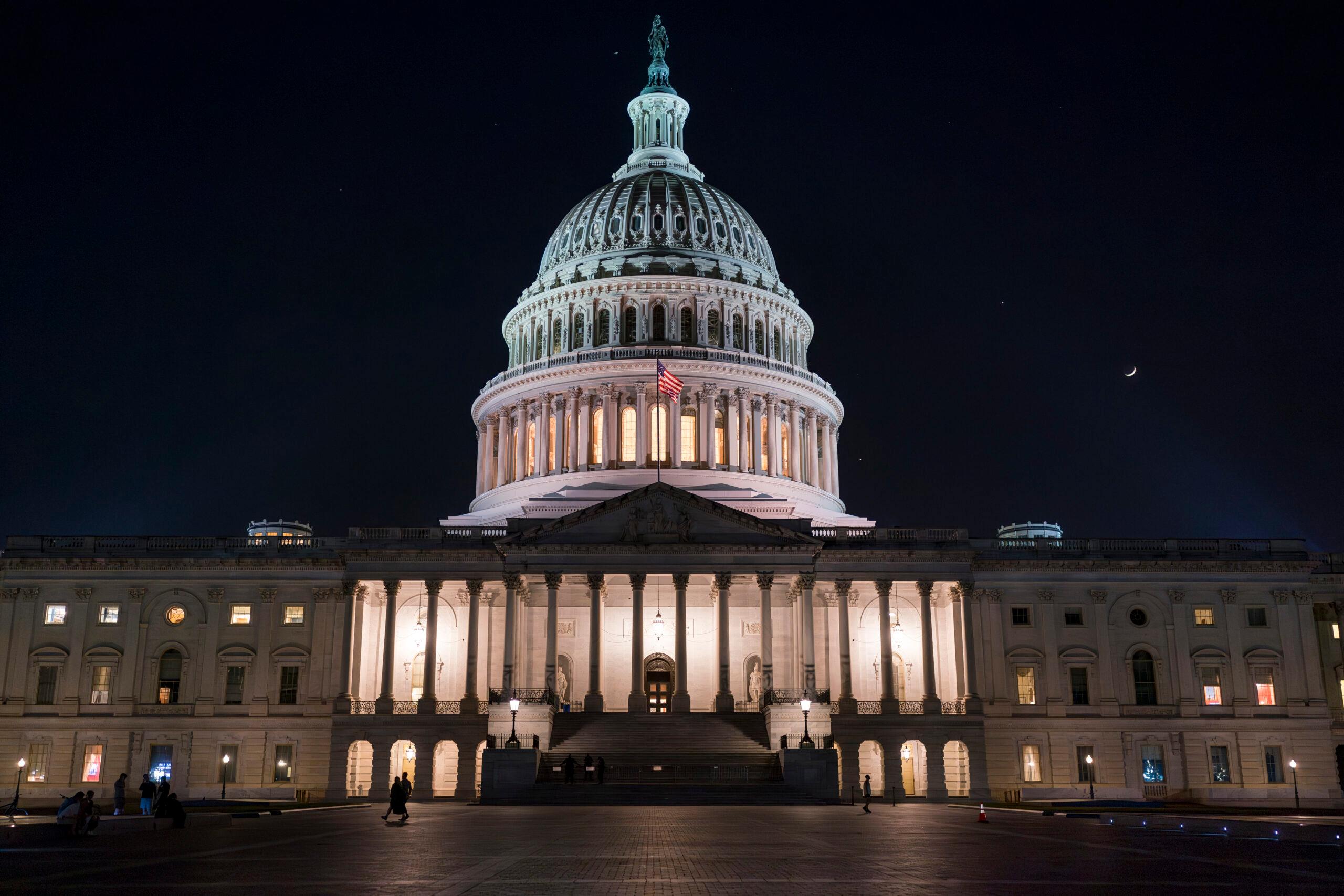
Colorado lawmakers are part of a bipartisan effort to protect the nation’s Air National Guard fighter squadrons.
This spring, six house members, including Democratic Rep. Jason Crow and Republican Rep. Doug Lamborn introduced the Fighter Force Preservation and Recapitalization Act. The goal of the bill is simple: ensure a minimum number of Air National Guard squadrons. Without Congressional action, the 140th Wing with the Colorado Air National Guard at Buckley could be among those on the chopping block.
Crow said the issue is the Air Force’s budget.
“What the Air Force is trying to do is save a bunch of money because they don't have a financial shortfall with their long-term budget,” Crow said.
“They're trying to save money by cutting air National Guard fighter wings,” Crow explained, “Which is exactly the opposite that they should be doing because those fighter wings are actually a lot less expensive to maintain, and some of the most experienced pilots."
The U.S. Air Force plans to phase out older aircraft, like the A-10s, F-15s, and F-16s, which the 140th and others fly. At a conference in May, Air Force Secretary Frank Kendall said they have to retire some of those to free up resources moving forward.
“We’re having to divest some of those to free up resources to move forward,” Kendall said. “There’s been resistance to that in the past.”
He explained how hard it is locally “to divest aircraft" that "are in your communities.” Kendall added they're trying to replace old aircraft with similar models where they can.
It’s that last part that has raised concerns from congressional lawmakers like Republican Congressman Don Bacon of Nebraska, a retired Air Force general, who is leading the charge on his side of the aisle.
“My overriding concern is this, for every new fighter they bring on, they're deactivating or getting rid of 2.5 fighters,” Bacon said.
The bill lawmakers are pushing would ensure that there is a one-for-one swap, for every one fighter plane that gets deactivated, another fighter would replace it.
“My second concern is the Guard does most of our Homeland Security missions and they are really your backbone for experienced fighter pilots and experienced fighter maintenance,” Bacon said. “And the Air Force keeps deactivating fighter squadrons in the Guard and that means you lose all that experience... pilots and maintenance.”
Bacon recognizes that not all these planes are suited for a potential conflict with China, but they are relevant in the Middle East, in Europe and to defend the homeland. The bill would also put on the books a minimum number of aircraft and fighter squads, no fewer than 25 squadrons.
A bipartisan group of Senators, led by Colorado’s Sen. John Hickenlooper and Idaho’s Sen. Mike Crapo, have introduced companion legislation in that chamber.
“If we don’t have a strategy to secure the future of the 140th Wing—along with Air National Guard Units across the country—we’ll lose experienced pilots and jeopardize the strength of our fighting force. Our bill ensures this won’t happen,” Hickenlooper said.
Still, they all acknowledge it will be a steep legislative hill to climb given the current budgetary climate at the Capitol.
Bacon said that if the legislation helps move forward discussions to ensure the Air Force has the right budget to maintain active duty and Guard squadrons, it will still be a win.








